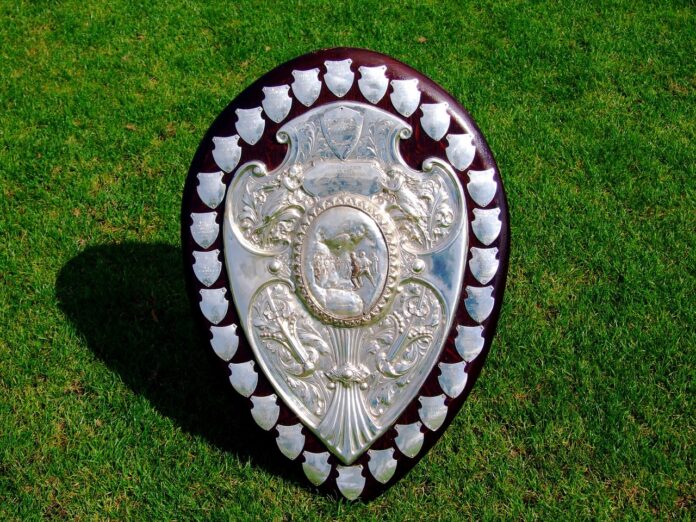Source: MakeLemonade.nz
This is a excerpt from an unpublished book, the DJ Years, about the 2011-12 views and experiences of the late forthright former All Black rugby captain John Graham, who passed away four years ago this month. This is the second in a series of articles from the book. Sir John was headmaster of Auckland Grammar School for 20 years, New Zealand cricket team manager, University of Auckland chancellor, business director and mentor.
Tāmaki Makaurau – Today, rugby is a full time and highly paid job for over 150 professional NZ players. That in itself seems to be a problem. Back in our playing days, our lives were balanced, varied on a daily basis and stimulating.
I would struggle with the idea of full time rugby, constant training and the lack of subsequent stimulation and variety.
Too many players speak of boredom, too much rugby, constant training, a huge support staff all wanting a piece of the players’ time, excessive travel, sponsors’ demands.
It seems to be a hell of a life, in spite of being very highly paid and admired to play a game that they are good at and should enjoy.
On top of all this there are agents sticking their noses in, a players’ association having its say, contracts to be negotiated and signed, injuries to overcome, families to be given time and be cared for, and consideration of when a player should depart overseas apparently for fewer hassles and greater financial rewards.
It seems that players struggle to get a break from the complexities of the modern game and while it is their job, it would seem they are over rugbyed, over trained and there is little time or opportunity to smell the roses. One feels there is a grave risk of the modern player being robbed of personal initiative.
They are lured onto this rugby train because they have excelled at schoolboy level and are compelled to go down the professional path because by their early 20s, they can earn three and four times as much money as their friends in the early stages of their first job out of university or training.
Top young Super rugby and new All Black players may earn $200,000 a year and they cling to rugby until their career ends. Many do very well financially; others struggle to return to a normal lifestyle for the first time since leaving school.
The country must ask is New Zealand rugby better for the modern game? Is it better for the public, for the provinces and is rugby better for the performance of the All Blacks?
Our game is facing very serious challenges. When huge sums of money became involved to service the professional game, most of it from overseas, it became more and more difficult to establish a competition structure for our traditional game, club, provincial and international, and at the same time fulfill sponsors’ demands.
Major sponsors’ dollars depend on international competitions like Super rugby, the Tri-nations, June internal tours here, end of year tours overseas, all of which are demanding physically and involve major travel.
New Zealand’s rugby strength over the years, until this recent professional phenomenon, depended on strong club competitions and a strong competitive provincial programme.
These competitions are not likely to attract substantial international sponsors. Their success in the past relied on all players playing for their clubs and provinces so that the provincial competition especially was highly competitive and produced able, skillful and mature All Blacks.
This model was the envy of world rugby. Each season I began with club rugby before playing any first-class games and the majority of provincial and All Black rugby did not interfere with club rugby.
NZR established a clear club window but even then, some provinces allow first division NPC coaches to encroach on that window often impacting on final and semi-final club competitions.
Provincial rugby lacks public appeal because of the absence of so many players who are not available because of All Blacks commitments and the resultant inclusion of too many players who are unheard of even in their provinces.
- Kip Brook, Make Lemonade NZ



